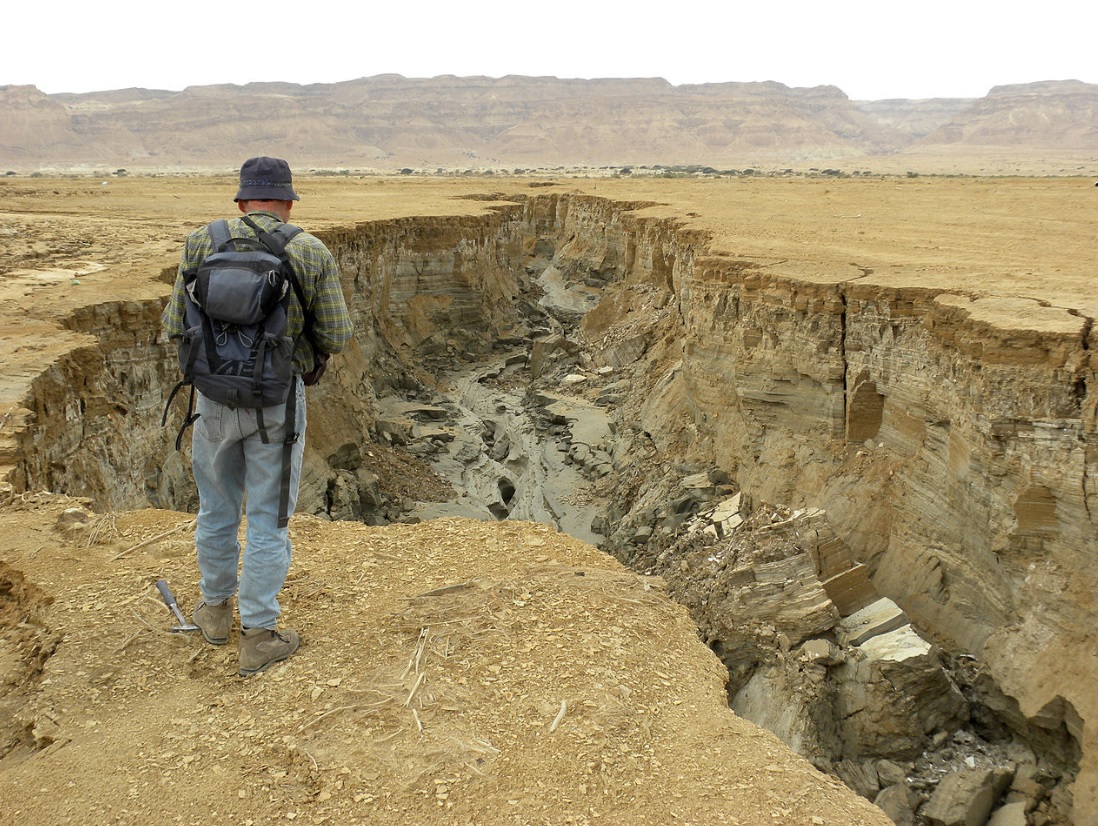Adverse effect of soil erosion can be addressed through ‘interdisciplinary approach’: Study

The consequence of soil erosion is almost known to everyone! It can have a severe destroying impact on traditional farming landscapes in developing countries. But its effects can only be fully addressed through significant advances in interdisciplinary scientific and societal approaches, according to new research.
A major international study led by the University of Plymouth has shown that traditional pastoralist communities – such as the Maasai in East Africa – are abundantly aware that climate change and intensive grazing are having a marked effect on the resources they rely on for survival.
But finding solutions is not an easy task. The communities face significant cultural and political barriers when it comes to implementing soil conservation measures, meaning that huge swathes of former pasture land are being lost or degraded. The new research, published in Environmental Research Letters, suggests an interdisciplinary approach is the only way to secure real and lasting change. That includes engaging local communities to work together to see how they contribute to the problem and how they can have a significant role in solving it.
The study is the result of the Jali Ardhi (meaning 'care for the land' in Swahili) project, funded by the Natural Environment Research Council, the Arts and Humanities Research Council and the Economic and Social Research Council, as part of UK Research and Innovation's Global Challenges Research Fund. It focussed on the East African Rift System of Tanzania, where soil erosion has created huge canyons in the heart of Maasai pastoral lands.
Working in collaboration with the local District Council and Maasai communities, scientists conducted a series of field-based research including soil degradation surveys, lake and floodplain sediment coring, mapping with satellite imagery and evaluation of past aerial photographs.
They also completed a suite of interviews and workshops with community leaders, to understand the barriers to change, and worked together to look for opportunities to overcome them. Professor of Catchment Science Will Blake, lead author on the study said: “This project has shone a light on the many and varied challenges associated with soil erosion. But in developing a greater understanding of the issues in East Africa, we have also proposed an environmentally and socially sustainable solution that could be adapted in similar communities across the world.”
“The devastating effects of soil erosion on Maasai lands are quite shocking to see. In recent decades, some parts of the Tanzanian Maasai landscape have witnessed almost total destruction of the soil resource in many areas used for grazing of livestock. But these problems are certainly not restricted to East Africa and every year 12 million hectares of productive land is lost to soil erosion globally, with a third of all soils are currently thought to be degraded. Unless we take action now, communities who rely on the land for their survival will be left facing an increasingly uncertain future,” Blake added.
The research was led by Plymouth’s School of Geography Earth and Environmental Sciences, in conjunction with the Nelson Mandela African Institution of Science and Technology, University of Exeter, Schumacher College and the International Water Management Institute.
It also involved a collaboration with photojournalist Carey Marks, facilitated by Plymouth’s Sustainable Earth Institute as part of its Creative Associates programme, to develop photographic documentation of the research project in action, a whiteboard animation and a soil erosion game.










